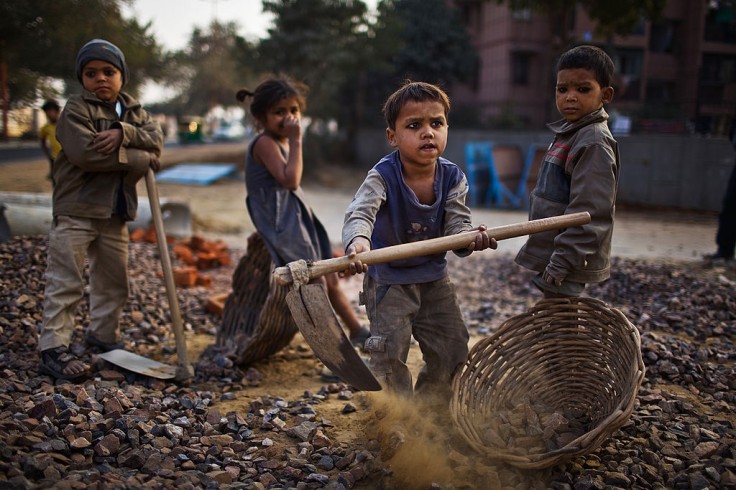
A politician from Brazil has drawn backlash and was rebuked on Twitter for his child labor suggestions after saying that 13-year-old kids can work if they can win Olympic medals.
Lawmaker Sostenes Cavalcante, 46, from Rio de Janeiro, posted a message of congratulations for Brazilian Rayssa Leal, 13, after she won a silver medal during the women's street skateboarding competition. Japanese skateboarder Momiji Nishiya, who is also 13 years old, clinched the gold medal. Both have made history as the youngest medalists in the Tokyo Olympics.
But in his message, Cavalcante implied in Portuguese that it might be time to revise the Statute of Children and Adolescents in his country. In Brazil, the laws do not allow kids below 13 years old to work, and 14-year-old kids may only serve as apprentices and shouldn't be given hazardous jobs.
While Cavalcante didn't qualify if he was serious with his post, his followers harped on him for his "distorted views," as diplomat Paulo Pinheiro Jr. said. Senator Paulo Rocha also called out Cavalcante for defending child labor in Brazil by taking advantage of a teenager's victory at the Tokyo Olympics.
Rocha said it's wrong to compare winning an Olympic medal and child labor because kids need to play sports and study. If they join the workforce, they won't have time to learn and to have fun.
Child Laborers in Dangerous Conditions
In 2020, government data revealed that 1.8 million children in Brazil work in dangerous conditions as they are exposed to the sex trade, drug trafficking and working environments where they have to handle heavy machinery and chemicals.
Ana Maria Villa Real, the country's top advocate for ending child labor, said that this practice is widespread because of the cheap rates paid to these children. Most child laborers earn $111 a month, which is also way below Brazil's minimum wage.
According to the advocate, the numbers may have also been underreported, especially during the pandemic. The data collected was from 2019, but experts think that the child labor incidents might have surged since.
Prosecutor Antonio de Oliveira Lima said that Brazil needs to increase awareness of child labor violations among parents, students and teachers. He urged politicians to update the debate on child labor laws and "get to work" on making amendments.
Child Labor Across the Globe
According to UNICEF, one in four kids between the ages of 5 to 17 are engaged in child labor in the least developed countries in Africa, Asia, Latin America and the Middle East. A bigger percentage of these kids are girls, but 60 percent of the children work in agriculture, where they are exposed to long hours under the heat and around pesticides. They are also not properly provided with food, water or sanitation.
Children are also working in many factories, mining and quarrying camps, or domestic service. The latter scenario has been linked to child trafficking as well, where domestic child laborers are often victims of physical, sexual and emotional abuse.
Most of these kids were forced into labor because of poverty, marginalization and discrimination, and the lack of social norms in the world where they grew up.